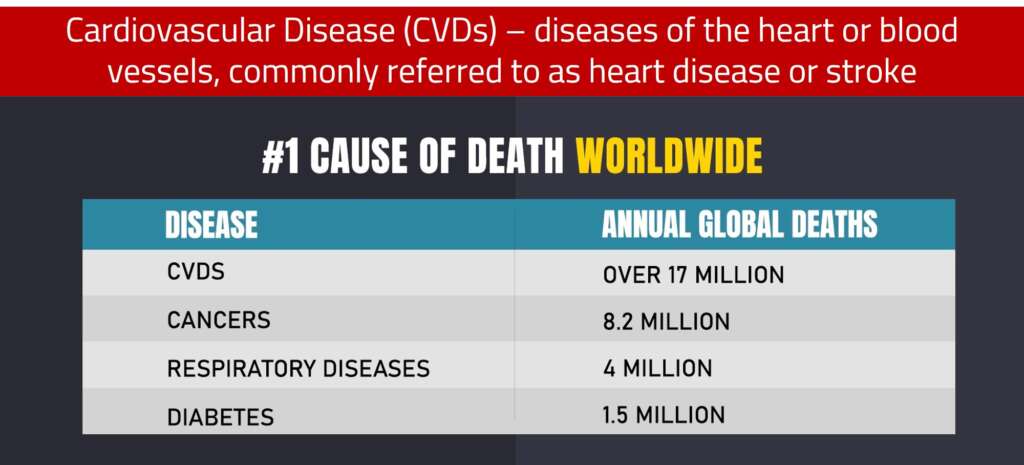Heart Disease in Women
Heart disease is often thought to be more of a risk factor for men. But the fact is the risk of heart disease to both sexes is high, though heart disease affects men and women differently.
Heart diseases are now the leading cause of deaths in men and women all over the world and also in India.

“Over one crore annual deaths are reported in India and cardiovascular diseases cause 20.3% deaths in men and 16.9 % deaths in women.”
Each year more women die of heart disease than men, yet heart disease and related risk factors are often overlooked in women.
Heart disease risk factors for women
Traditional risk factors like high cholesterol, high blood pressure and obesity affect both women and men. But there are other factors that play a bigger role in development of heart disease in women.
Diabetes. Women with diabetes are at greater risk of having a silent heart attack — without symptoms.
Depression and mental stress. Depression and stress are way more dangerous to women than men.
Smoking
Physical Inactivity. Research has found women to be more inactive than men posing for heart disease threats.
Menopause. Low level of estrogen poses a risk for causing disease in smaller blood vessels.
Pregnancy complications. High blood pressure or diabetes during pregnancy can increase the mother’s long-term risk of high blood pressure and diabetes.
Certain chemotherapy drugs and radiation therapy for cancer. Some chemotherapy drugs and radiation therapies, such as those used to treat breast cancer, may increase the risk of cardiovascular disease.
Is heart disease something only older women should worry about?
No. Women of all ages should take heart disease seriously. Women under age 65 — especially those with a family history of heart disease — also need to pay close attention to heart disease risk factors.
Heart attack symptoms for women
- Neck, jaw, shoulder, upper back or abdominal discomfort
- Shortness of breath
- Pain in one or both arms
- Nausea or vomiting
- Sweating
- Light-headedness or dizziness
- Unusual fatigue
- Indigestion
What can women do to reduce the risk of heart disease?
- Quit or don’t start smoking.
- Regular Exercise.
- Maintain a healthy weight.
- Eat a healthy diet that includes whole grains, a variety of fruits and vegetables, low-fat or fat-free dairy products, and lean meats. Avoid saturated or trans-fat, added sugars, and high amounts of salt.
Remember a woman’s lifetime risk of dying from heart disease is eight times greater than that of breast cancer. So you need to make your heart’s health a priority and encourage others to do the same.




